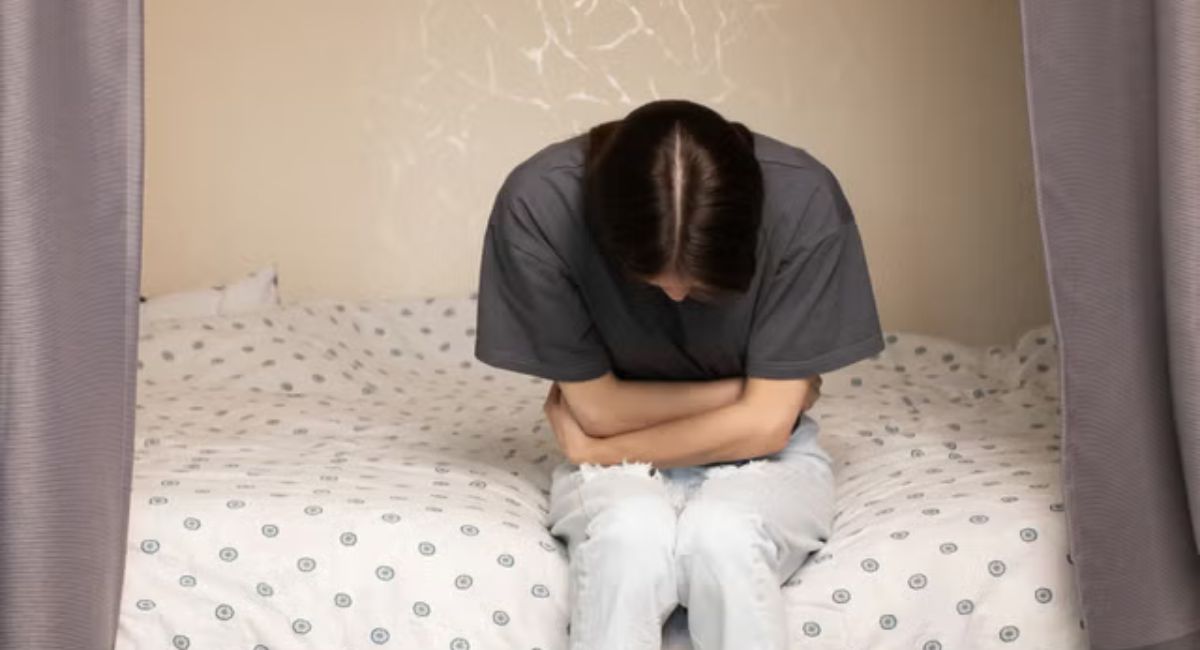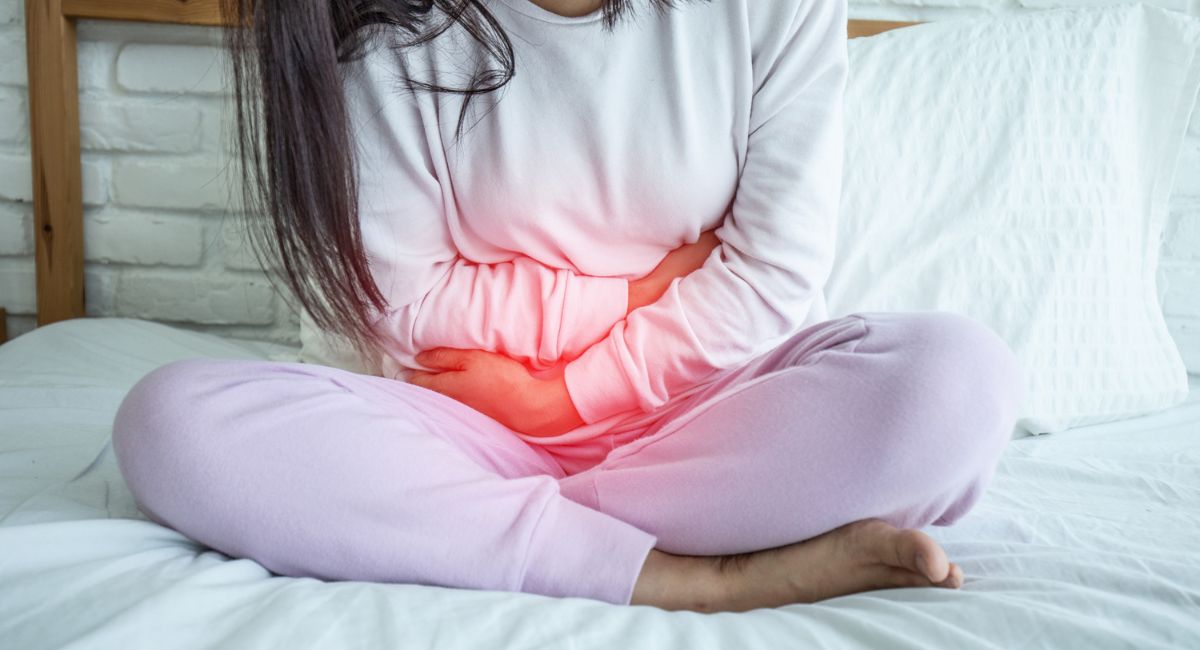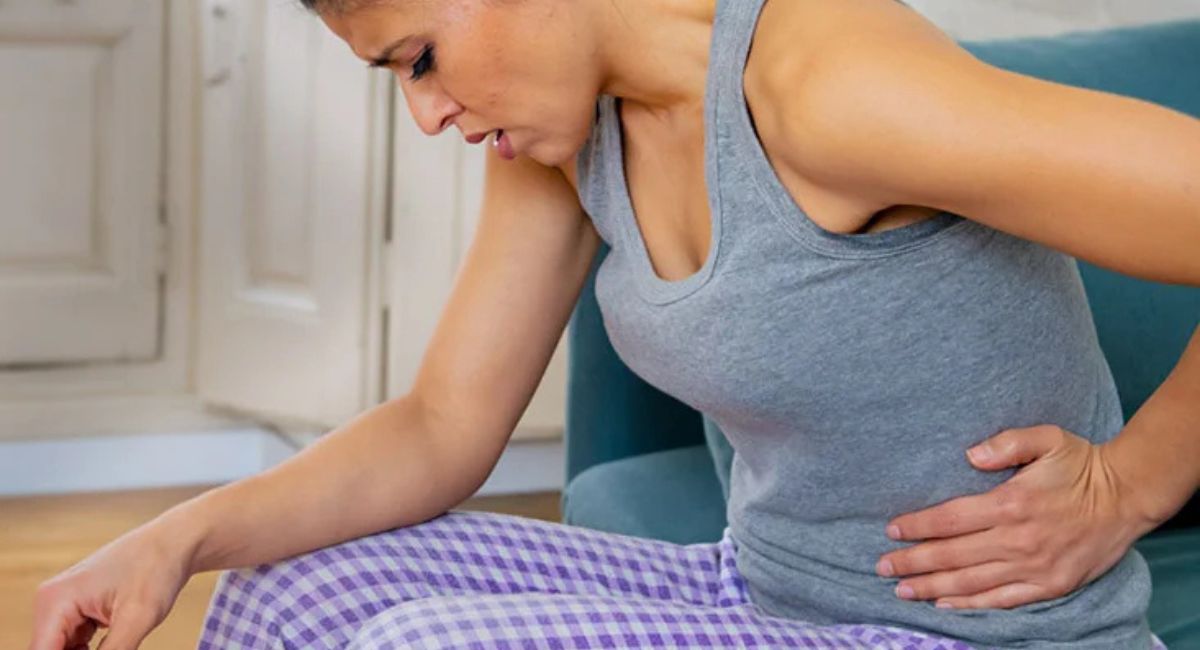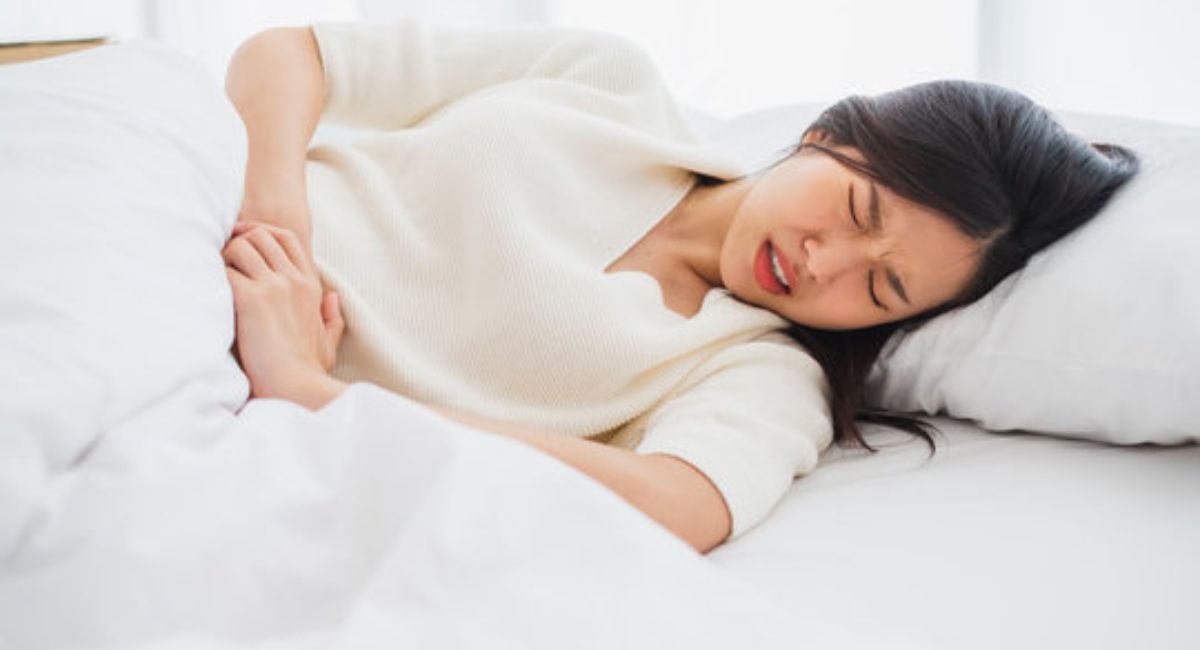You know that awful sting that hits when you pee during your period? It’s confusing, frustrating, and honestly, the last thing anyone needs while already dealing with cramps and fatigue. Many women secretly wonder, “Why does it burn when I pee on my period?”—but feel too embarrassed to ask. You’re not alone in feeling this way, and there’s a real reason behind it.
In this article, doctors explain the real causes of burning when you pee on your period and how to tell if it’s something serious. You’ll learn what’s normal, when to worry, and how to relieve that painful sensation fast. By the end, you’ll understand what’s happening inside your body—and how to take care of it with confidence.
Is It Normal to Feel Burning When You Pee During Your Period?
A mild burning sensation during urination on period can sometimes be normal. During your menstrual cycle, hormonal shifts can change your urine acidity, cause irritation or swelling, or increase period-related bladder sensitivity. These changes may lead to temporary pelvic area discomfort, especially if you’re slightly dehydrated or using scented hygiene products (pads, tampons, cups).
However, intense or recurring pain isn’t something to ignore. When why does peeing hurt during menstruation becomes a regular question, it could indicate bacterial infection, vaginal flora imbalance, or irritation caused by products or infections. If burning continues for more than a few days, a medical check-up ensures your bladder health and urinary health tips are properly addressed.

What Causes a Burning Sensation When You Pee on Your Period?
The causes of burning pee during periods vary from simple irritation to infections. The most common reason is sensitivity caused by menstrual flow mixing with urine, especially if hygiene isn’t maintained properly. A shift in urine acidity due to hormonal changes can also increase discomfort.
Here’s a breakdown of typical burning urine causes and how they affect you:
| Cause | Description |
|---|---|
| Hormonal imbalance | Alters pH and moisture, causing irritation. |
| Menstrual hygiene and urinary pain | Using scented pads or tampons can irritate skin. |
| Bacterial infection | Commonly leads to inflammation and burning sensation. |
| Dehydration | Concentrates urine, making it sting more. |
| Irritation or swelling | Due to friction or allergic reaction. |
Could It Be a Urinary Tract Infection (UTI)?
Yes, it could. UTI during menstruation is one of the most common culprits behind a burning sensation in vagina during period. During your period, bacteria can travel more easily from the vaginal opening to the urethra, leading to urinary tract infection (UTI). This happens especially when pads aren’t changed frequently or when there’s blood mixing with urine during period.
Doctors often point out the difference between UTI and period pain. UTI usually causes frequent urination, cloudy urine, or back pain, while period pain is centered in the lower abdomen. Both can cause discomfort when urinating on your period, but UTIs often require antibiotics and professional care.
| Symptom | UTI | Period Pain |
|---|---|---|
| Frequent urination | ✔️ | ❌ |
| Cloudy or strong-smelling urine | ✔️ | ❌ |
| Lower abdominal cramps | ❌ | ✔️ |
| Fever or chills | ✔️ | ❌ |
Can Period Blood or Hygiene Products Cause Burning?
Sometimes, can period cause burning urine has a simple answer — yes, because of hygiene products (pads, tampons, cups). Scented or chemical-treated pads can irritate delicate skin, leading to tampons causing burning sensation or redness. This irritation worsens when mixed with menstrual flow, sweat, and friction.
If you notice vaginal irritation during periods, switch to unscented products or organic cotton pads. Maintaining proper period hygiene practices—changing products every four hours and cleaning the area gently—can drastically reduce the burning sensation during urination on period.

How Hormonal Changes Affect Urination During Menstruation
Fluctuating estrogen and progesterone levels during the menstrual cycle affect more than mood—they also influence your bladder and vaginal tissues. When estrogen drops, vaginal walls can become drier, increasing irritation or swelling and period-related bladder sensitivity.
These hormonal changes affecting urination can make you more prone to a burning sensation in vagina during period. Low estrogen also changes your vaginal pH imbalance, which makes it easier for bacteria to grow, increasing bacterial infection risks. Staying hydrated and supporting your bladder health with a balanced diet helps manage these effects.
When Burning Pee During Periods Signals a Serious Problem
Sometimes, the burning sensation during urination on period may be a sign of something serious. If you have symptoms like severe lower back pain, unusual discharge, fever, or visible blood in urine, consult a gynecologist immediately. These signs could point to a bacterial infection, vaginitis, or pelvic area discomfort linked to more serious issues like hormonal imbalance or inflammation.
Ignoring severe discomfort when urinating on your period can make conditions worse. Chronic infections might harm your female reproductive health and lead to recurrent UTI during menstruation or other long-term complications.
Simple Home Remedies to Relieve the Burning Sensation
If the burning isn’t severe, try home remedies for burning pee. Drinking more water dilutes your urine and reduces urine acidity, helping how to relieve burning urination naturally. Applying a warm compress on your abdomen relaxes muscles and eases pelvic area discomfort.
Doctors also recommend avoiding caffeine and alcohol during your period because they can dehydrate you and make painful urination while menstruating worse. For additional comfort, wear loose cotton underwear and practice gentle cleaning. If you wonder how to stop burning sensation while peeing, staying hydrated and maintaining hygiene is your best first step.
Medical Treatments and When to See a Doctor
When home care doesn’t help, a gynecologist may suggest diagnostic tests to find out whether it’s a urinary tract infection (UTI), bacterial infection, or vaginal pH imbalance. Treatment depends on the cause. UTI during menstruation often requires antibiotics, while yeast or bacterial infections need antifungal or antibacterial medication.
Never self-medicate or ignore ongoing burning urine causes. Regular check-ups ensure good female reproductive health and bladder health. Your doctor can also advise safe urinary health tips and recommend the right period hygiene practices to prevent recurrence.

How to Prevent Burning Pee on Your Next Period
Prevention is simple but requires consistency. Drink plenty of water daily to prevent dehydration, and avoid hygiene products (pads, tampons, cups) with fragrances. Proper period hygiene practices, like changing pads every few hours, can prevent bacteria buildup.
A diet rich in probiotics, vitamin C, and fiber keeps your vaginal flora healthy. Practicing relaxation, getting enough sleep, and managing stress stabilize hormonal imbalance, reducing the risk of irritation or swelling. Following these urinary health tips will help you enjoy future periods without discomfort when urinating on your period.
FAQs About Why Does It Burn When I Pee on My Period?
Q: Why do I feel like I have a UTI on my period?
A: It’s actually quite common to feel UTI-like symptoms around your period. Hormonal changes can make your bladder more sensitive, and menstrual blood can irritate the urethra. Using tampons or pads for long hours can also trap moisture and bacteria, causing discomfort. If the burning or urgency continues after your period, it’s best to see a doctor to rule out an actual infection.
Q: Is it normal to feel burning down there during your period?
A: A mild burning feeling can happen due to friction from pads, hormonal shifts, or even skin sensitivity from menstrual products. However, if the burning is sharp, constant, or paired with a strong odor or discharge, it could be a sign of a yeast infection or UTI. Listening to your body and switching to gentler period products can make a big difference.
Q: Why does my 🐱 sting when I pee?
A: Stinging during urination often means your urethra or vaginal area is irritated. It could be from period blood, soap residue, or even dehydration making your urine more acidic. If it happens often or comes with cloudy urine, pain, or urgency, you might be dealing with a UTI or mild vaginal infection that needs medical attention.
Q: What does endometriosis pee look like?
A: Endometriosis doesn’t directly change the color of your urine, but it can cause pain, pressure, or burning when you pee—especially during your period. Some people notice blood in their urine if endometrial tissue affects the bladder. If this sounds familiar, it’s important to talk to a gynecologist for proper diagnosis and treatment.
Q: Can periods cause burning pee?
A: Yes, sometimes. Hormonal shifts during your cycle can irritate your urinary tract or make your bladder more sensitive. Menstrual blood can also cause temporary stinging if it mixes with urine. Staying hydrated and keeping the area clean and dry can help ease the irritation.
Q: Should I be worried if it burns when I pee?
A: Occasional mild burning isn’t unusual, especially around your period. But if the pain lasts more than a couple of days, or you have other symptoms like frequent urination, cloudy urine, or lower belly pain, you should see a doctor. It might be a UTI or another infection that needs treatment before it worsens.
Final Thoughts — Understanding Your Body and Staying Healthy
Burning while peeing during your period is uncomfortable but often manageable. Most cases come from simple hygiene products (pads, tampons, cups) irritation, mild inflammation, or temporary hormonal imbalance. But persistent pain or symptoms like fever or discharge mean it’s time to see your gynecologist.
Your body constantly gives small signals about your female reproductive health. Paying attention to them, following proper period hygiene practices, and staying hydrated can prevent the burning sensation during urination on period from returning. Remember, understanding your body is the first step toward lasting comfort and confidence.

